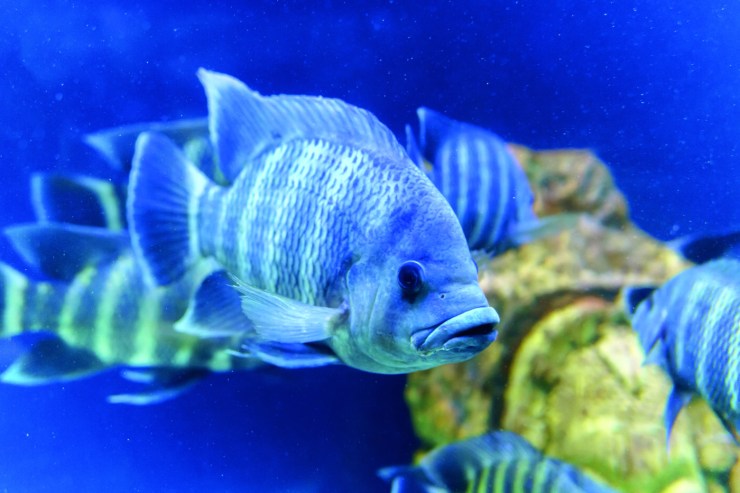The evolution of Brazilian pig farming has repositioned the country on the global stage, not only as an exporter of pork, but also as a supplier of genetic material. This advancement is the result of ongoing investments by pig genetics companies – from importing animals to creating centers of excellence in genetic improvement – and was driven by the modernization of the Cananeia Quarantine Station, in partnership with the Ministry of Agriculture and Livestock (Mapa). With this, Brazil has reached the level of the world's leading producers of pig genetics, strengthening its competitiveness and opening up new opportunities in the international market.
This will be the central theme of the lecture by the president of the Brazilian Association of Swine Genetics Companies (ABEGS), Alexandre Rosa, at the Latin American Connection: Strengthening Partnerships in the Swine Value Chain, which takes place this Thursday (27), in São Paulo.
During his presentation, the executive will highlight the characteristics of the Brazilian swine production model, its health differentials, the genetic evolution of the national herd and the opportunities that this advancement opens up for Brazil in the domestic and foreign markets. “We continually invest in technologies that improve the characteristics with the greatest economic impact on our swine farming, boosting productivity and strengthening the sector’s competitiveness,” says Alexandre.





